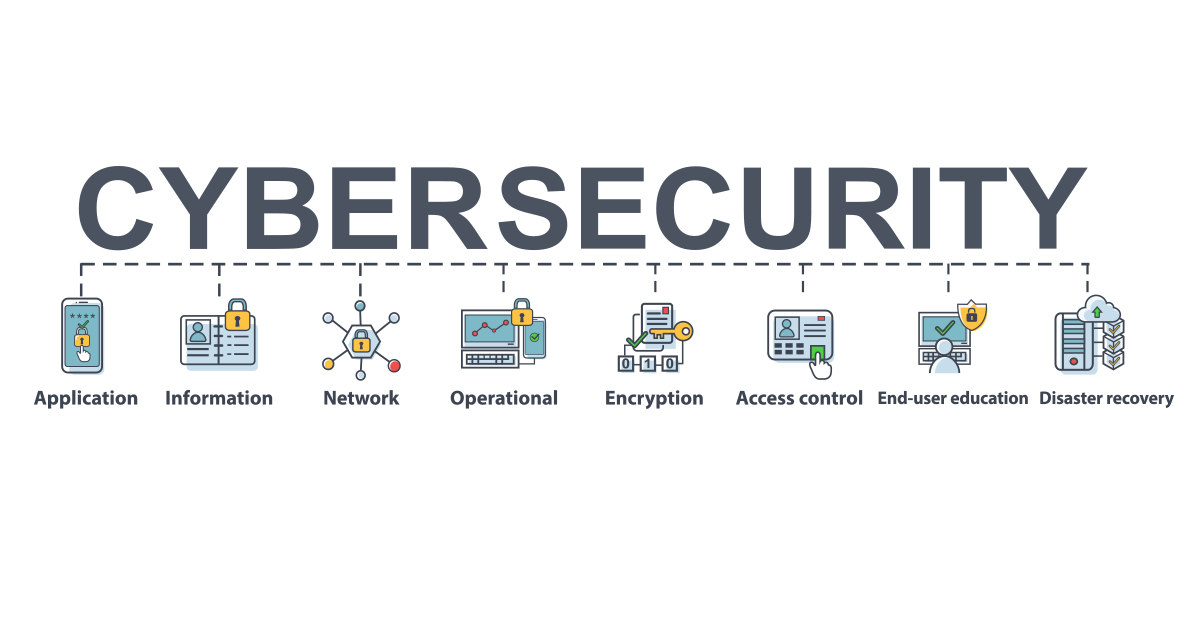Not known Facts About cybersecurity insurance
Not known Facts About cybersecurity insurance
Blog Article

1. Data violations: Fintech firms take care of delicate monetary info, making them a prime target for cybercriminals. A single data violation can jeopardize countless users' individual and economic data, resulting in severe effects.
2. Settlement scams: Defrauders utilize advanced methods to manipulate repayment systems, triggering financial losses for both customers and services. Avoiding settlement fraudulence needs advanced protection steps and consistent surveillance.
3. Compliance: Fintech companies have to abide by different monetary policies, such as GDPR, PCI-DSS, and AML/KYC. Guaranteeing compliance can be a complex and time-consuming procedure, however failing to do so can cause hefty penalties and reputational damage.
4. Not enough protection procedures: Fintech companies usually focus on speed and advancement over safety and security, leading to inadequate protection versus cyber dangers. This can expose customers' data and economic details to substantial risks.
Fintech software program development need to address these cybersecurity challenges to secure users' interests and preserve public trust. }
The financial technology market is undertaking a significant change, presenting unique strategies to managing financial resources. Nevertheless, the quick advancement brings forth fresh challenges, particularly in the world of cybersecurity. These obstacles posture concerns about the dependability and security of monetary systems and may weaken your track record as a reliable fintech copyright. Learn more at
In this short article, we'll delve into the four primary cybersecurity threats that fintech companies encounter and offer practical solutions to help mitigate them.
Malware Attacks
Malware attack is a catch-all term for any kind of sort of destructive software program created to damage a computer or server of a customer. Cyberattackers develop and spread out malware software for different factors. One of the most regular objective is to take personal, financial, or business details.
Ransomware sort of malware assaults remains one of the most prominent type of cyber hazards. In 2023, 72% of services were hit by a ransomware strike, according to Statista's report. Just how do you maintain secured? Here are several of the techniques:
Make sure to on a regular basis update your computer system and software, utilize a trustworthy anti-virus program, and stay clear of clicking on links from unknown resources.
On the one hand, the quick adoption of emerging innovations such as blockchain, expert system (AI), and IoT ( Net of Points) opens new horizons to fintech. On the other hand, it brings new safety worries to the table. As an example, AI-powered systems cybersecurity engineer can be used to spot vulnerabilities in networks and systems. IoT assaults target Web of Points systems-- things installed with software program that allows them to accumulate and store data. While the risk of IoT attacks can be minimized by choosing protected gadgets, AI-powered assaults demand a much more complicated technique:
Apply a multi-faceted safety method;
Give routine training for employees on security ideal methods;
Utilize innovative AI-powered safety and security solutions to improve protection versus insider hazards.
A fintech organization's best threat can originate from within. Employees or specialists with certified access to delicate information or systems can position a substantial risk, referred to as expert risks. These dangers can be intentional, where sensitive details is swiped and sold intentionally, or unintended, where private info is mistakenly exposed, triggering injury to the organization. Efficient methods to reduce expert hazards include executing durable accessibility controls, monitoring individual habits, giving regular training and awareness programs, and carrying out occurrence feedback plans to deal with prospective safety violations.
audit of your team's access benefits;
implementation of password security policies;
education and learning of your group on just how not to come to be the targets of phishing.
Third-Party Vendors
Fintech firms often depend on exterior suppliers for tasks such as handling payments or saving information. This reliance on third-party service providers in the development of fintech software program can produce different opportunities for cyber hazards. It is necessary for fintech business to thoroughly explore the third-party vendors they companion with, which includes conducting history checks and safety and security assessments to assure that durable safety and security methods hold.
In conclusion, while the fintech sector is getting worldwide fostering, hackers never ever rest, making cybersecurity a top obstacle in fintech software growth.
Identifying this, S-PRO https://s-pro.io/, an ingenious software program advancement firm, places a solid emphasis on carrying out advanced safety measures in its fintech jobs, making certain that both its clients and end-users gain from the highest level of security versus cyber threats. Report this page